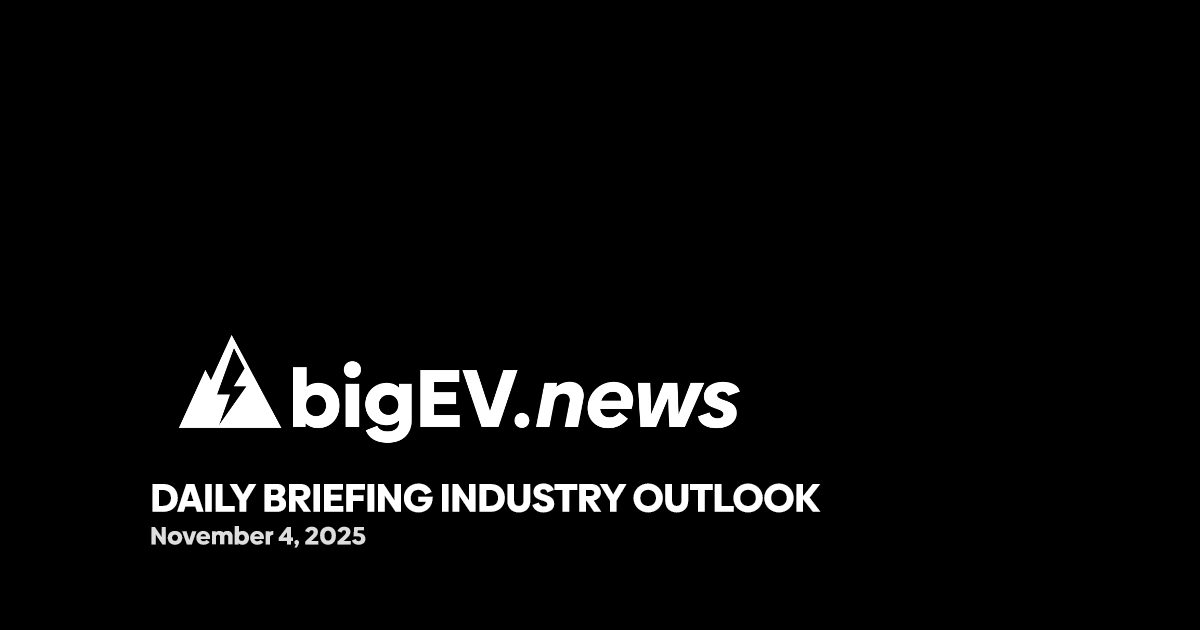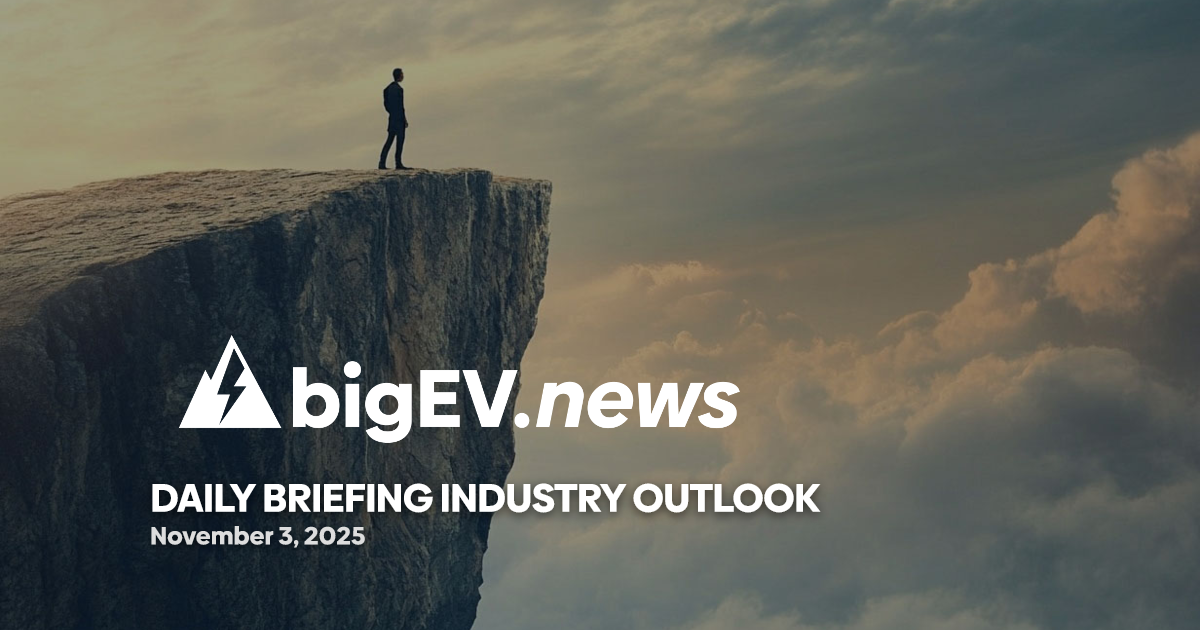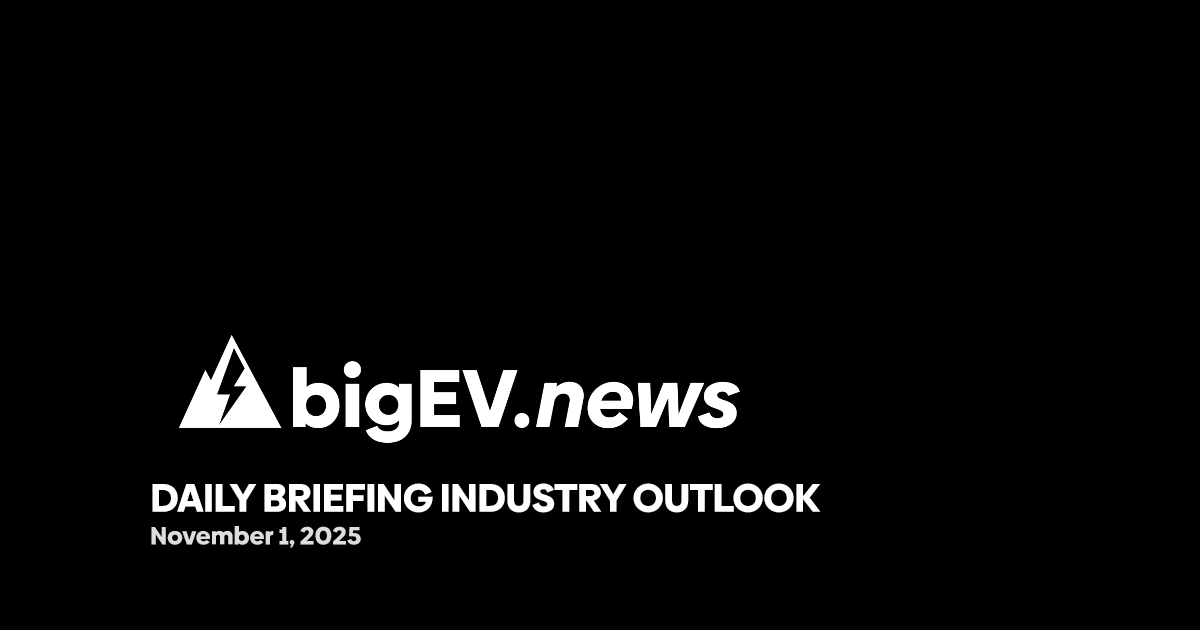Surging clean energy demand, AI-driven innovation, and strategic industry moves define a pivotal day for global energy and technology markets.
At a glance – The past 24 hours have seen a marked acceleration in the global energy transition, with new forecasts from BP’s Energy Outlook 2025 highlighting the dual forces of electrification and artificial intelligence as primary drivers of change. BP’s report details two scenarios—Current Trajectory and Below 2°—each underscoring the complexity of the energy system’s evolution. The analysis finds that while global energy consumption continues to rise across all major sources, the structure of demand is shifting rapidly, with electrification and digitalization (including AI’s impact on grid management and demand forecasting) playing increasingly central roles. The report also notes heightened geopolitical fragmentation and a renewed focus on energy efficiency, both of which are expected to influence investment flows and supply chain strategies for years to come.
Technology advance – In the technology sector, the U.S. Energy Information Administration’s July 2025 Short-Term Energy Outlook projects a 2.3% increase in total U.S. electric power generation for 2025, with solar generation expected to surge by 34% this summer compared to last year. This rapid growth positions solar as the second-largest renewable electricity source, surpassing hydropower by a significant margin. The EIA forecasts that by summer 2026, solar will overtake wind to become the leading source of renewable generation during peak months. This expansion is driven by both utility-scale installations and distributed solar, reflecting robust investment in grid modernization and storage technologies. The report also highlights that U.S. marketed natural gas production will rise nearly 3% in 2025, led by the Permian, Appalachia, and Haynesville regions, supporting the broader trend of cleaner, more flexible power generation.
Partnerships – The clean technology sector is witnessing a surge in strategic alliances, with Deloitte’s 2025 Renewable Energy Industry Outlook emphasizing the race among cleantech manufacturers, AI firms, and carbon management companies to secure 24/7 clean energy supplies. The report projects that data centers alone will drive an additional 44 GW of power demand by 2030, as generative AI model training and deployment become increasingly energy-intensive. This trend is prompting new partnerships between utilities, technology providers, and industrial customers to develop integrated solutions for round-the-clock renewable power. The competitive landscape is further shaped by supply chain reshoring and the need for resilient, domestic energy infrastructure, with joint ventures emerging as a key mechanism for scaling innovation and managing risk in a volatile market.
Acquisitions/expansions – In a major move, the global transportation engineering sector saw a significant expansion today as Hyundai Motor Group announced a $2.5 billion acquisition of Swedish electric marine propulsion company Candela. The deal, finalized in Stockholm, positions Hyundai as a leader in electric watercraft technology and signals a broader push into maritime electrification. Candela’s proprietary hydrofoil technology, which reduces energy consumption by up to 80% compared to conventional boats, will be integrated into Hyundai’s marine and mobility platforms. This acquisition is expected to accelerate the commercialization of zero-emission vessels and support Hyundai’s strategy to diversify beyond automotive into adjacent clean transportation markets, including urban water transit and logistics.
Regulatory/policy – Regulatory developments are also reshaping the competitive landscape, as the European Commission today approved a sweeping new package of incentives for battery manufacturing and recycling under its Green Deal Industrial Plan. The policy framework, which includes tax credits, direct grants, and streamlined permitting for gigafactories, aims to double the EU’s battery production capacity by 2030 and reduce reliance on imported critical minerals. The Commission’s decision is expected to trigger a wave of investment in battery supply chains across Germany, France, and Poland, with major automakers and energy storage firms already announcing plans to expand local operations. The new rules also introduce stricter sustainability and traceability requirements, raising the bar for environmental and social governance in the sector.
Finance/business – On the financial front, the latest Conference Board Consumer Confidence Index, released this morning, shows a sharp rebound in U.S. consumer sentiment, rising to 112.4 in September from 107.2 in August. The report attributes the increase to easing inflation, stable gasoline prices, and robust job growth, all of which are supporting higher discretionary spending on electric vehicles, home energy upgrades, and smart appliances. Meanwhile, Tesla reported a 15% year-over-year increase in global EV deliveries for Q3 2025, driven by strong demand in China and the launch of its new Model 2 compact vehicle. Analysts note that sustained consumer confidence, combined with falling battery costs and expanded charging infrastructure, is likely to fuel continued growth in the EV and clean tech markets through 2026.
Sources: bp, EIA, Deloitte, Hyundai Motor Group, European Commission, Conference Board









